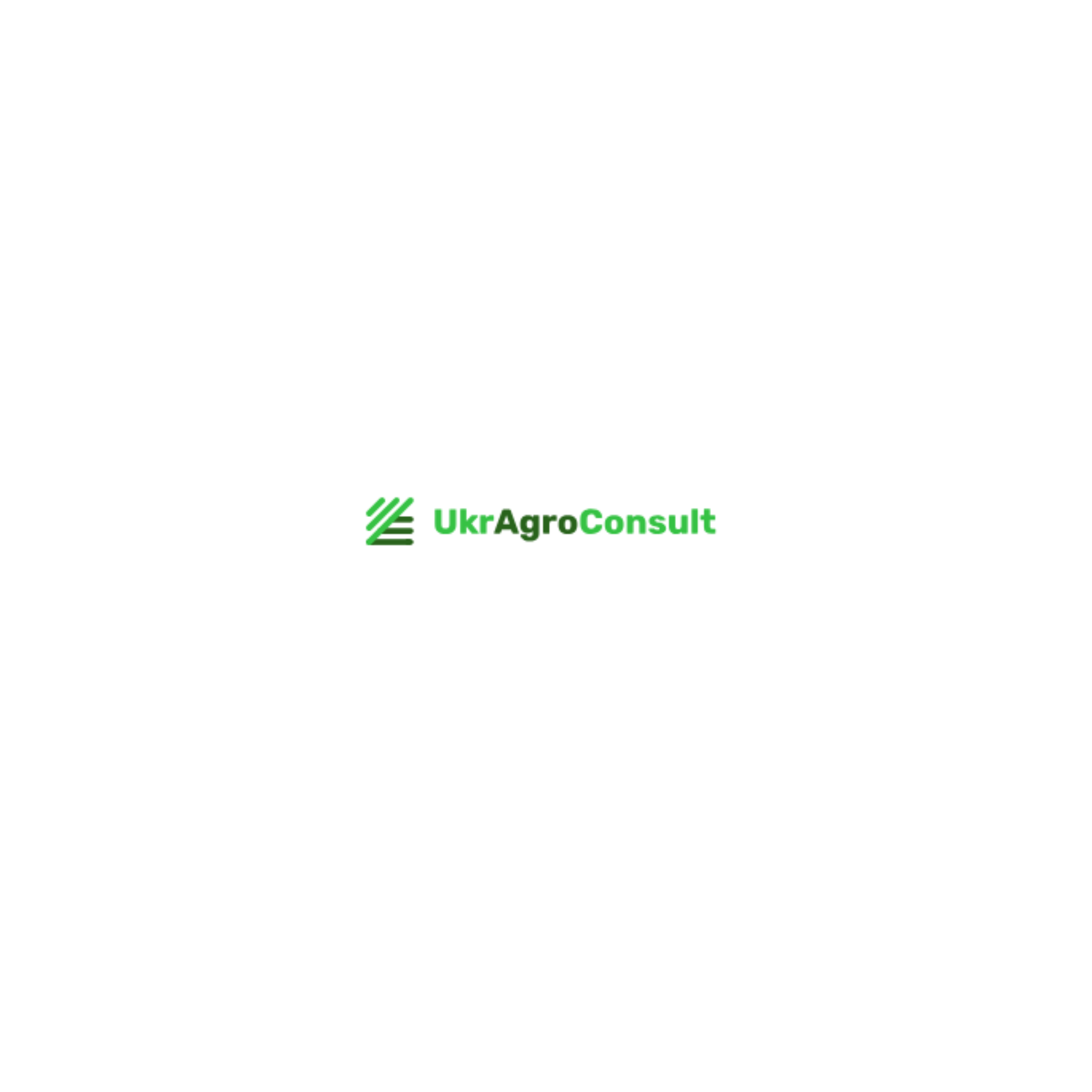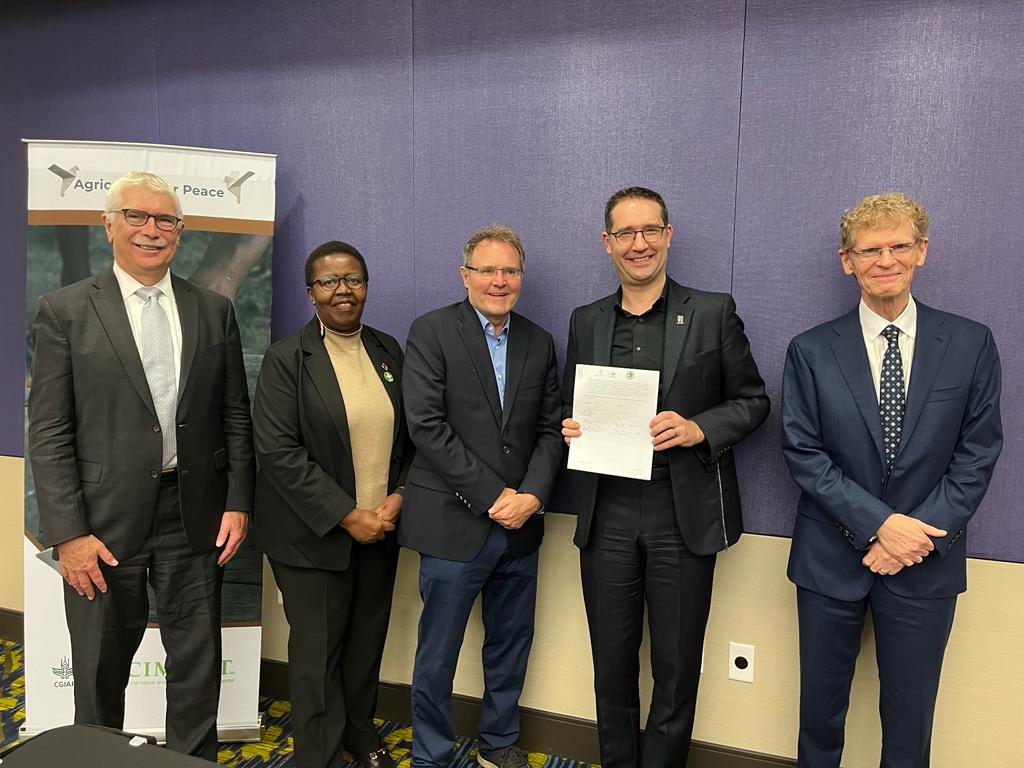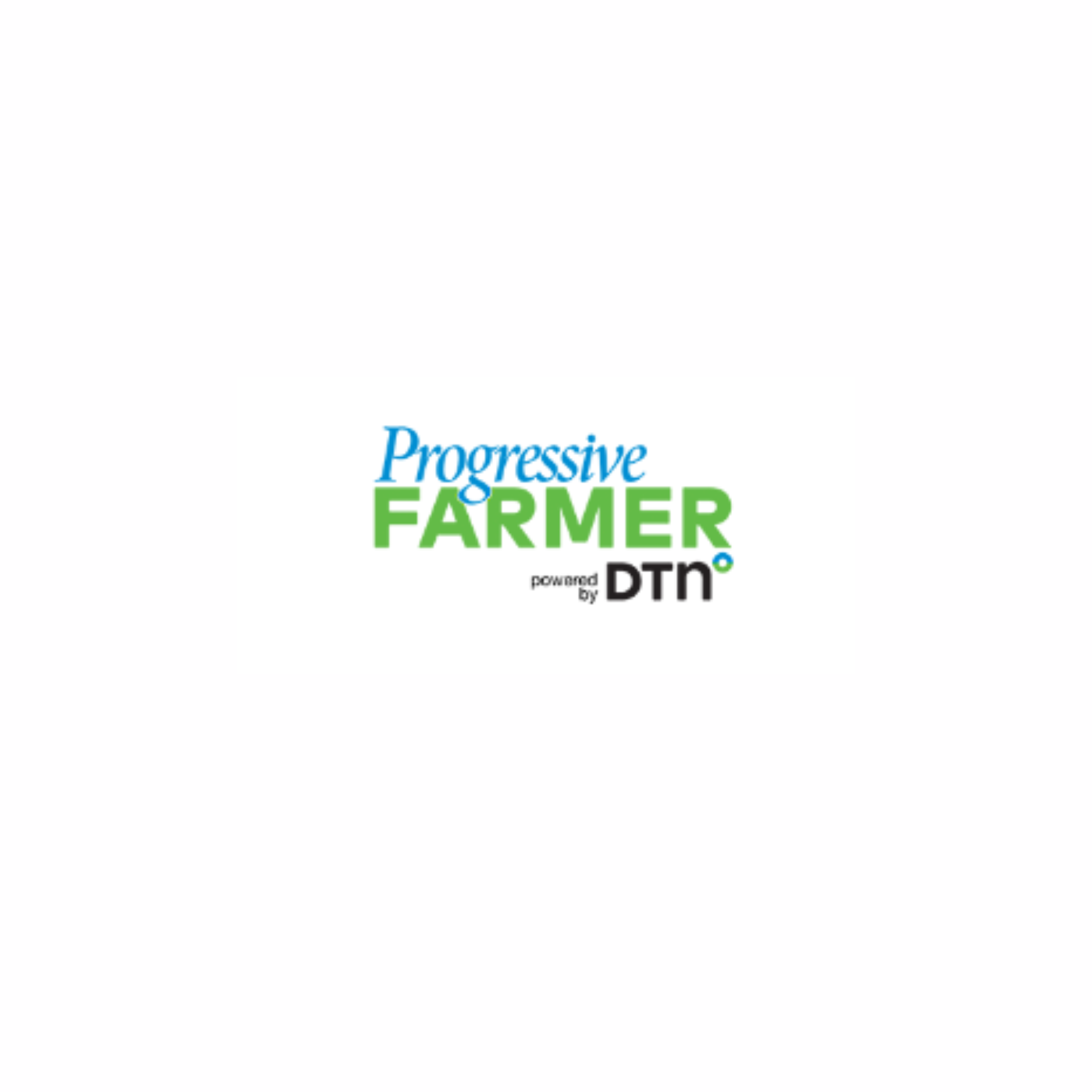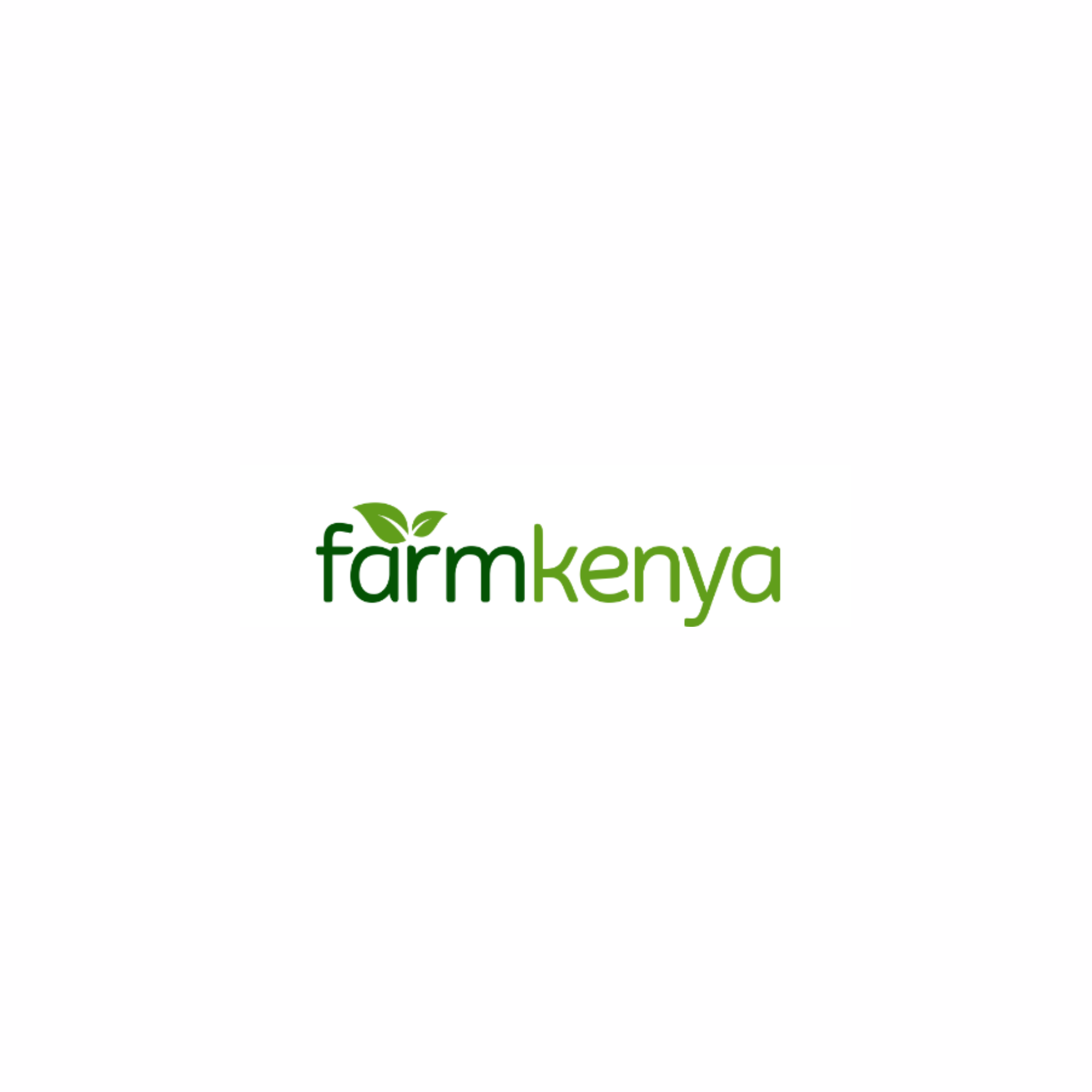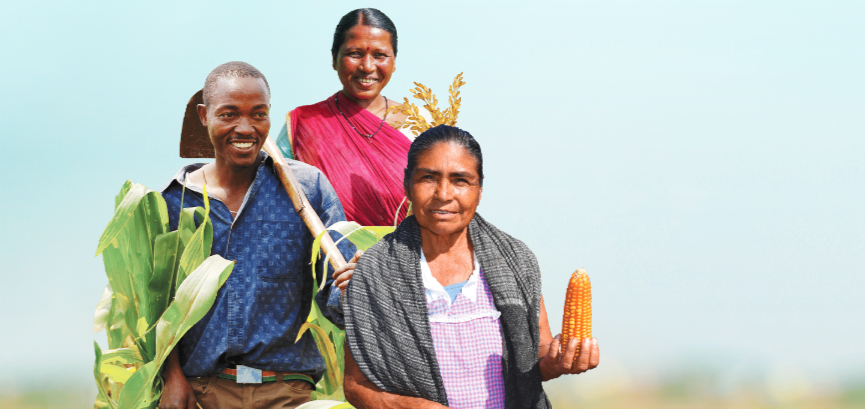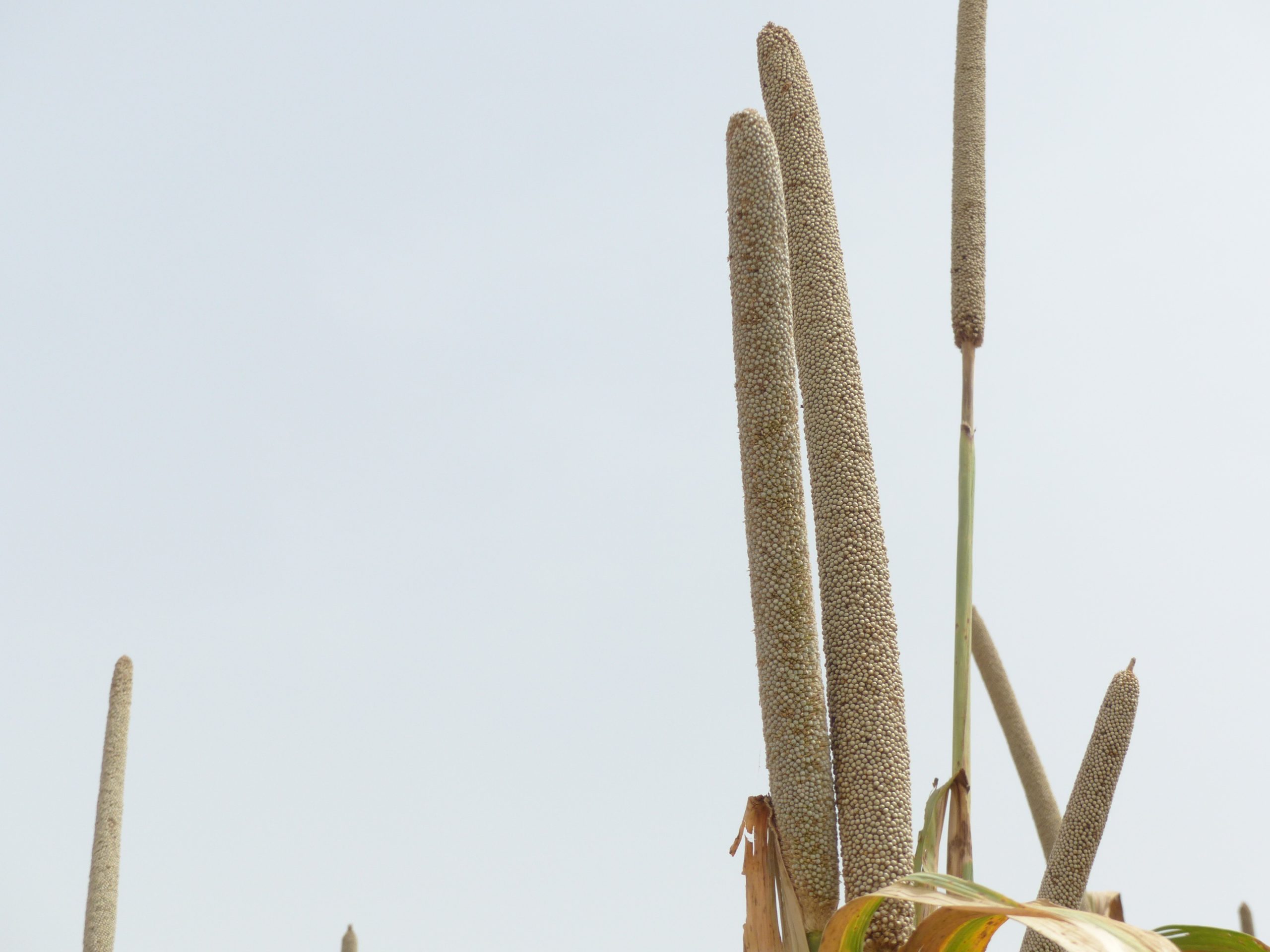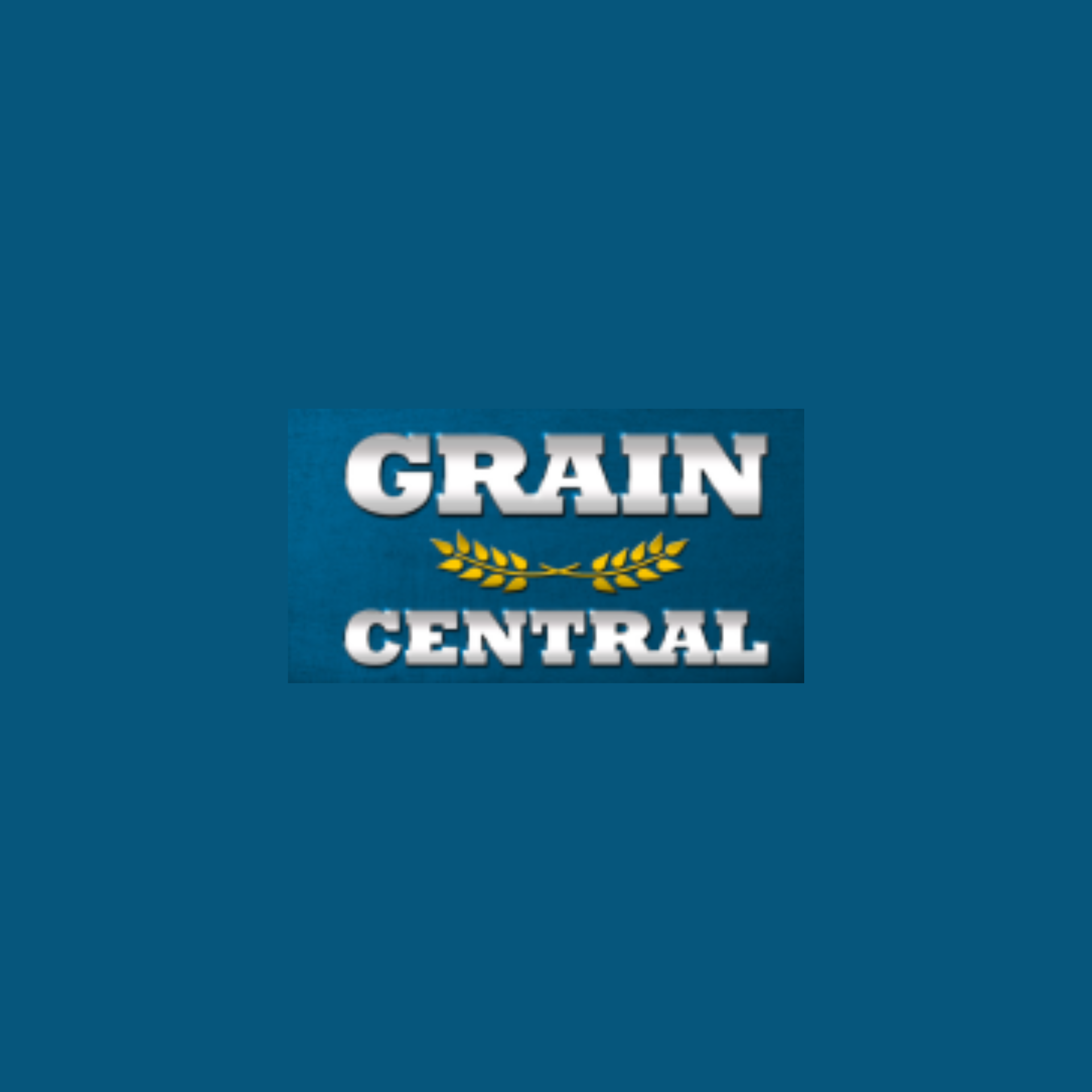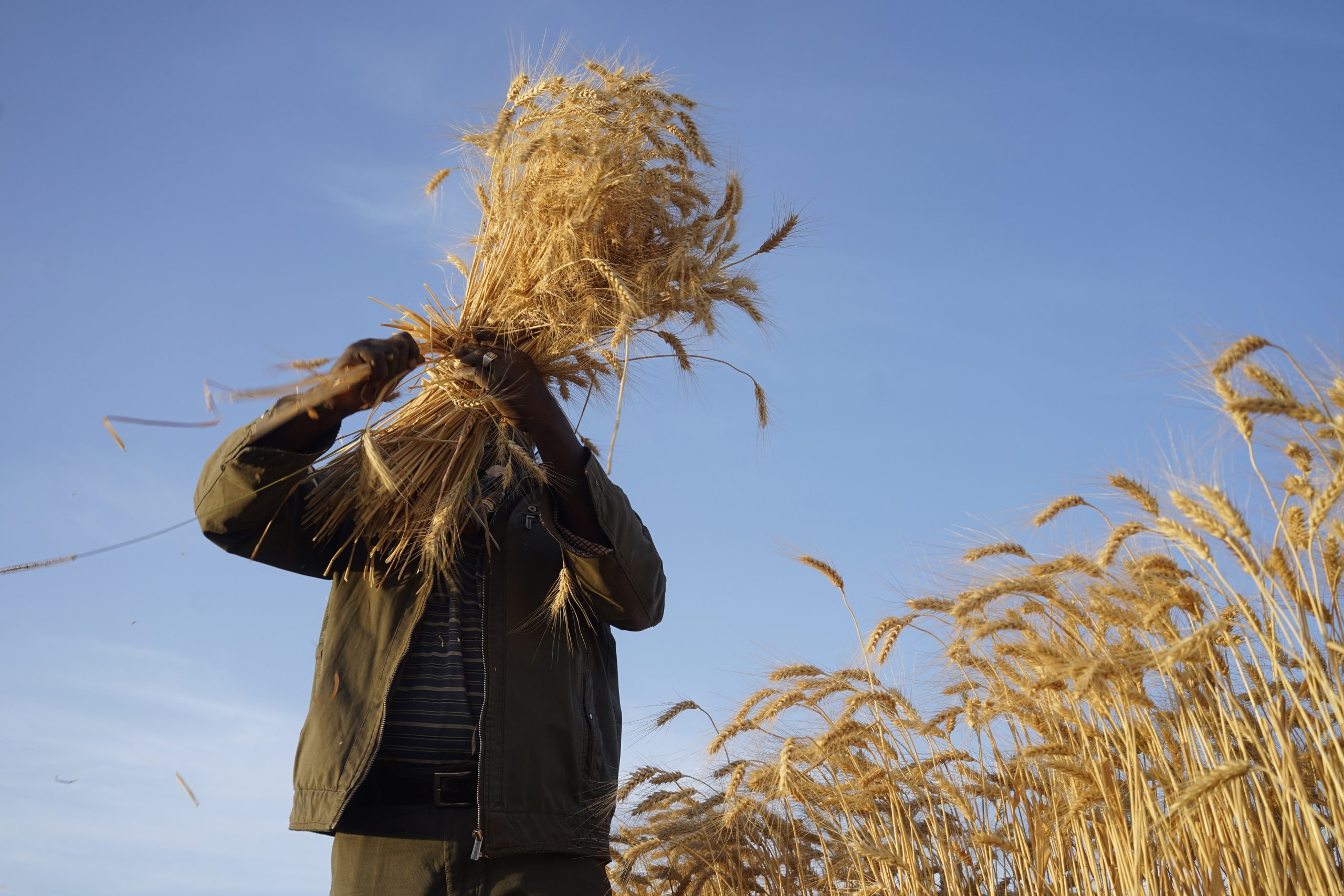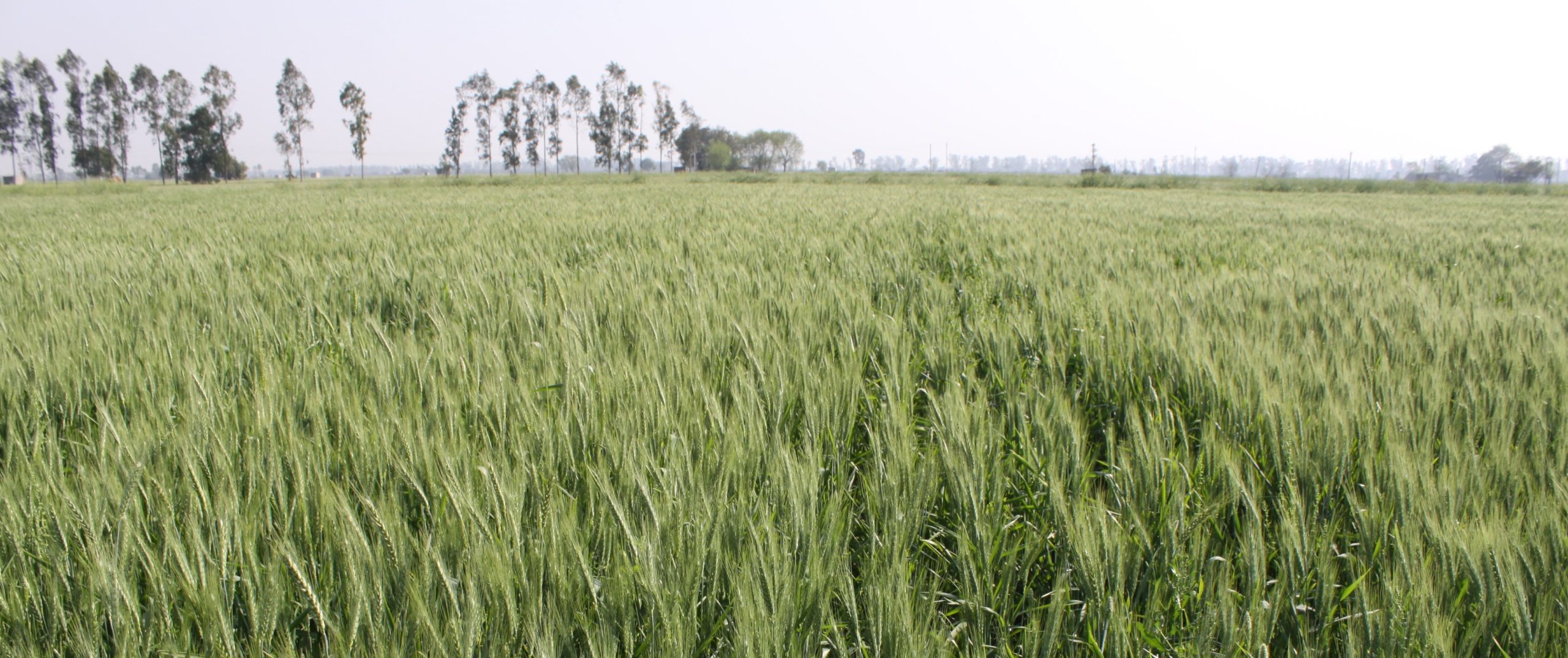Nutrition, health and food security
As staple foods, maize and wheat provide vital nutrients and health benefits, making up close to two-thirds of the world’s food energy intake, and contributing 55 to 70 percent of the total calories in the diets of people living in developing countries, according to the U.N. Food and Agriculture Organization. CIMMYT scientists tackle food insecurity through improved nutrient-rich, high-yielding varieties and sustainable agronomic practices, ensuring that those who most depend on agriculture have enough to make a living and feed their families. The U.N. projects that the global population will increase to more than 9 billion people by 2050, which means that the successes and failures of wheat and maize farmers will continue to have a crucial impact on food security. Findings by the Intergovernmental Panel on Climate Change, which show heat waves could occur more often and mean global surface temperatures could rise by up to 5 degrees Celsius throughout the century, indicate that increasing yield alone will be insufficient to meet future demand for food.
Achieving widespread food and nutritional security for the world’s poorest people is more complex than simply boosting production. Biofortification of maize and wheat helps increase the vitamins and minerals in these key crops. CIMMYT helps families grow and eat provitamin A enriched maize, zinc-enhanced maize and wheat varieties, and quality protein maize. CIMMYT also works on improving food health and safety, by reducing mycotoxin levels in the global food chain. Mycotoxins are produced by fungi that colonize in food crops, and cause health problems or even death in humans or animals. Worldwide, CIMMYT helps train food processors to reduce fungal contamination in maize, and promotes affordable technologies and training to detect mycotoxins and reduce exposure.
Kevin Kabunda
 Nutrition, health and food security
Nutrition, health and food security
India transforms wheat for the world
 Climate adaptation and mitigation
Climate adaptation and mitigation
Source: Ukr Agroconsult (1 Nov 2023)
New partnership announced to protect Gorongosa National Park in Mozambique by improving agricultural livelihoods and crop systems
 Environmental health and biodiversity
Environmental health and biodiversity
GRP and CIMMYT signed up cooperation framework at Borlaug Dialogue organized by the World Food Prize Foundation.
Investment in Wheat Pathogen Surveillance
 Climate adaptation and mitigation
Climate adaptation and mitigation
Source: Medium (30 Oct 2023)
Sainsbury Lab, John Innes Centre and 21 institutes, led by CIMMYT, join forces to monitor plant pathogens and improve wheat productivity in East Africa and South Asia.
Global Hunger Challenges Grow
 Nutrition, health and food security
Nutrition, health and food security
Source: Progressive Farmer (25 Oct 2023)
Bram Govaerts, CIMMYT director general, emphasized the global impact of Russia’s invasion of Ukraine on agriculture and the link between peace and food production.
Year of millet: Why the renewed interest in the versatile grain
 Nutrition, health and food security
Nutrition, health and food security
Source: Farm Kenya (19 Oct 2023)
Experts are now turning to millet as a leading solution to combat rising obesity rates and improve nutrition in Kenya.
CIMMYT makes progress on some of the world’s top problems: 2022 Annual Report, “Harvesting Success”
 Capacity development
Capacity development
CIMMYT presents its 2022 Annual Report.
Millets: Climate-resilient crops for food and nutrition security, experts reveal
 Climate adaptation and mitigation
Climate adaptation and mitigation
As the world faces food insecurity and malnutrition fueled by a changing climate, experts reveal that millets, a valuable nutritious and climate-resilient food source, offer an opportunity to enhance sustainable food production and transform food systems.
Canola’s opportunities abound as breeding, uses advance: IRC
 Climate adaptation and mitigation
Climate adaptation and mitigation
Source: Grain Central (26 Sep 2023)
Breeding and seed technology is an important part of the partnerships that will continue to foster thriving markets.
The world’s future wheat will need to withstand the climate crisis
 Climate adaptation and mitigation
Climate adaptation and mitigation
Source: Quartz (20 Sep 2023)
As hotter temperatures and drought become the norm in places used to growing wheat, CIMMYT is working to face new and ongoing challenges to develop a more climate resilient wheat.
Championing Global Cooperation to Crack Global Challenges
 Nutrition, health and food security
Nutrition, health and food security
Source: China Today (19 Sep 2023)
Former CIMMYT’s director general (2008-2016), Dr. Thomas A. Lumpkin, talks about climate change, international cooperation and the future of food security.
The world must act to avert a climate-induced food shortage, cautions Cary Fowler. CIMMYT has a strategy to strengthen agrifood systems.
 Climate adaptation and mitigation
Climate adaptation and mitigation
Cary Fowler, U.S. special envoy for food security, warns of dire consequences if the international community fails to act to mitigate climate change impacts on agrifood systems. The CIMMYT 2030 Strategy holds the approach to respond and mitigate some of the worst effects of this looming crisis.
Conservation agriculture helps smallholder farmers to be more resource efficient
 Capacity development
Capacity development
A village in the Indian state of Bihar boasts 100% zero-till technology adoption, helping improve agriculture production and climate change mitigation.
Realizing the Potential of Neglected Crops in Latin America
 Environmental health and biodiversity
Environmental health and biodiversity
CIMMYT highlights the value of neglected crops in Latin America through new methodologies and initiatives.
Agroecology alliance calls for more food at less cost to nature in Congo Basin
 Climate adaptation and mitigation
Climate adaptation and mitigation
Source: Mongabay (28 Aug 2023)
CIMMYT research, Prasanna Boddupalli, emphasise the importance of reorienting food production systems and agricultural policy across the Congo Basin.

